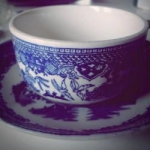How Madam C.J. Walker Became an Epic Success
Money like this was unheard of for female business owners of the era.
Today history buffs know her as Madam C.J. Walker, but she was born as Sarah Breedlove in 1867 in Louisiana. Having been orphaned early in life, the future Madam Walker was made a domestic servant by the time she was 10-years-old and all of her family had been enslaved, though she was born after the Emancipation Proclamation. With little opportunity in life her story might have ended much differently, but she managed to create a name for herself in the beauty industry and became the first documented self-made, female millionaire in history.
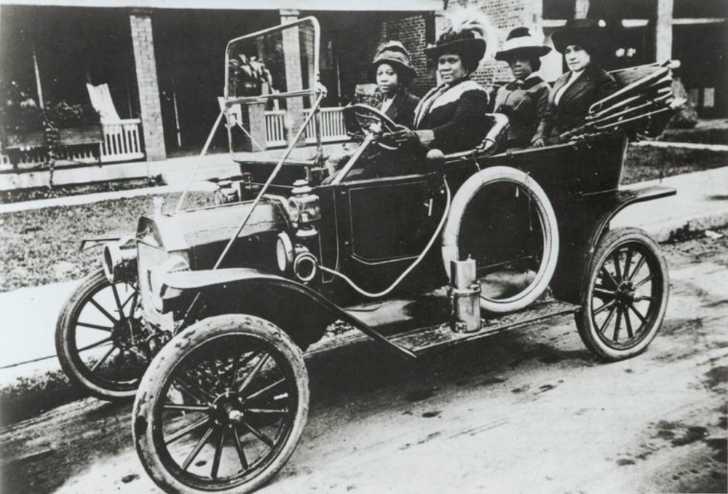
In 1887 Sarah Breedlove became a widow and a single parent, at which point she was making a living by taking in laundry- not an easy or lucrative profession to have, but she was driven to make a better life for her daughter. Suffering from exhaustion and poor living and working conditions her hair began to fall out only a few years after her first husband died.
She made her first hair ointment as a balm for her own troubled hair and scalp. This mixture was composed of petroleum jelly, sulfur, and perfume to cover the odor of the sulfur. To her amazement her preparation worked wonders for her own hair and she began to market her hair lotion to African American women, using her own hair story to sell the product.
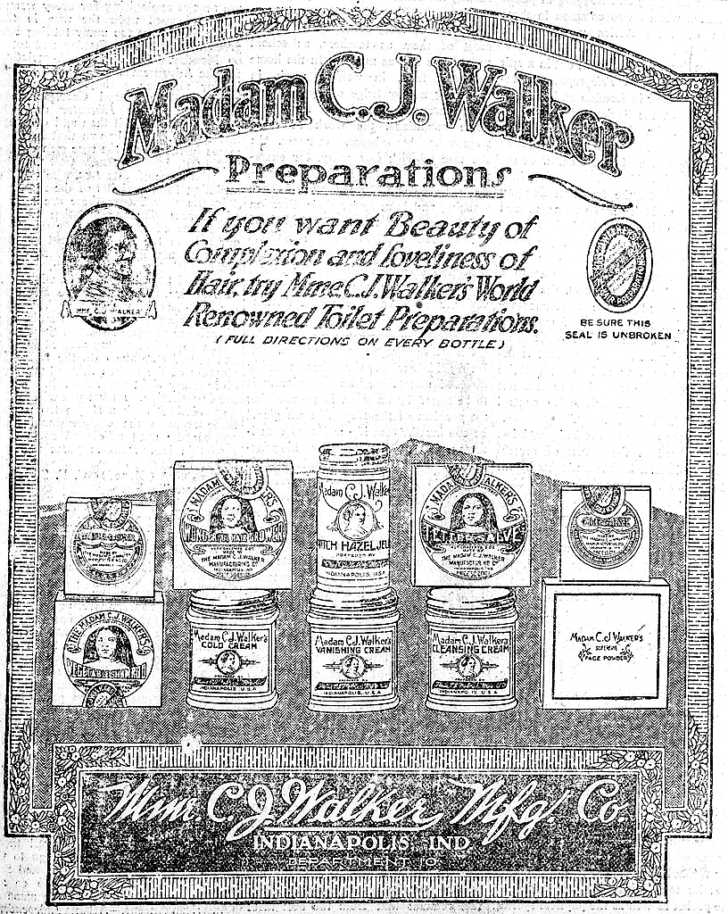
Breedlove used her modest savings to fund her sales tips, traveling to urban areas of the East Coast and the South where women were more likely to buy cosmetic products. Her first sales were made by her personally and she offered women a free in-home hair treatment upon a purchase of her hair lotion.
The plan worked and before long she had an entire sales force of African American women who made door-to-door sales of the hair treatment, called “Wonderful Hair Grower”. She married Charles J. Walker in 1906 and soon after began labeling her products as Madam C.J. Walker. For a brief period before this she worked for Annie Malone of the African American hair product company, Poro, which would later be her biggest rival. She also learned about hair and scalp health from her brothers, who were barbers.
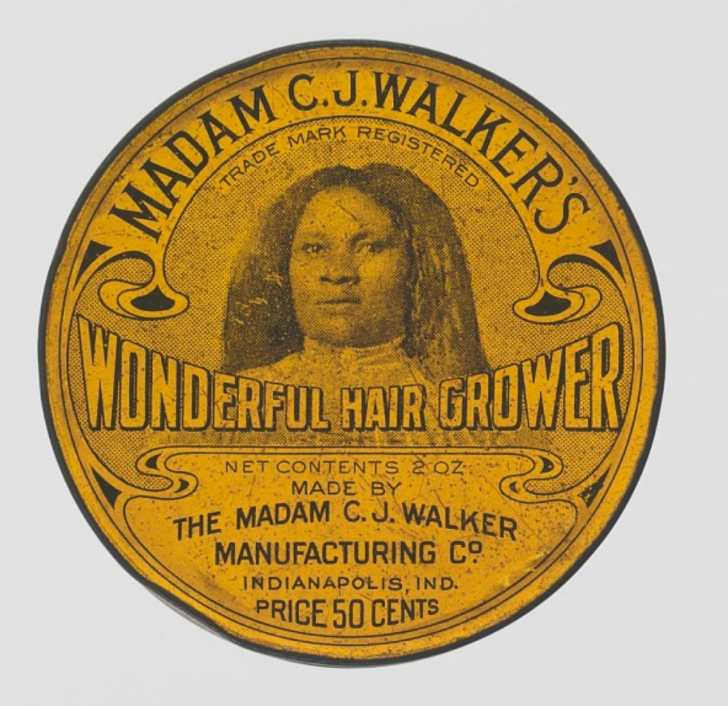
Walker’s products were a smash success and she used her wealth and influence to help enact change around her. She donated to the NAACP’s anti-lynching funds and she spoke at the Philadelphia Union of Walker Hair Culturists in 1917 (which she founded), not long after the St. Louis Race Riots in which 100 African Americans were murdered. Attendees to the conference then wrote to President Wilson to act on the racial disparity in the country, something which no group of female entrepreneurs had done before.
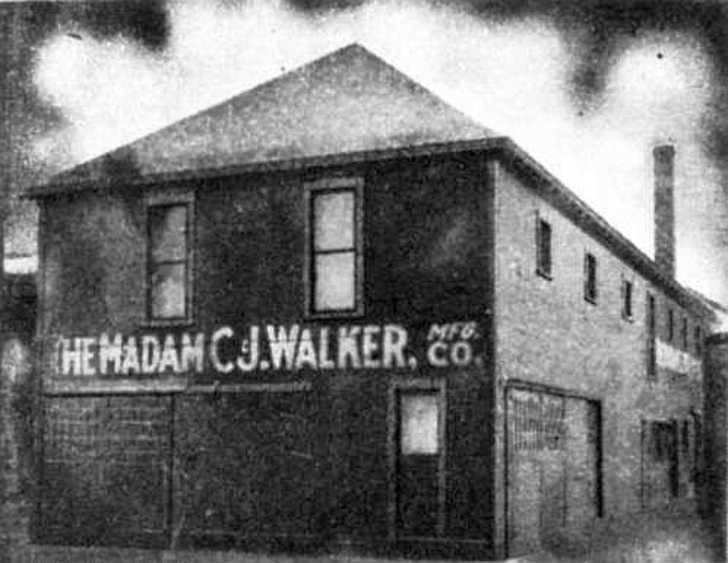
Walker broke barriers for women, making it a point to put her money and new-found fame into action when it came to advancing racial equality, and casting a wide net with her philanthropy. When she moved the company headquarters to Indianapolis, she donated $1,000 to help build a YMCA nearby. She also created the Madam C. J. Walker Benevolent Association to field incoming requests for charitable donations since she was well known for her generosity.
Walker died in 1919, leaving behind a legacy of African American ingenuity that was ground breaking at the time. Walker’s daughter, A’lelia carried on the family business and the company remained in operation until 1981.
Find out more about Madam C.J. Walker in the video below.
SKM: below-content placeholderWhizzco for DOT

